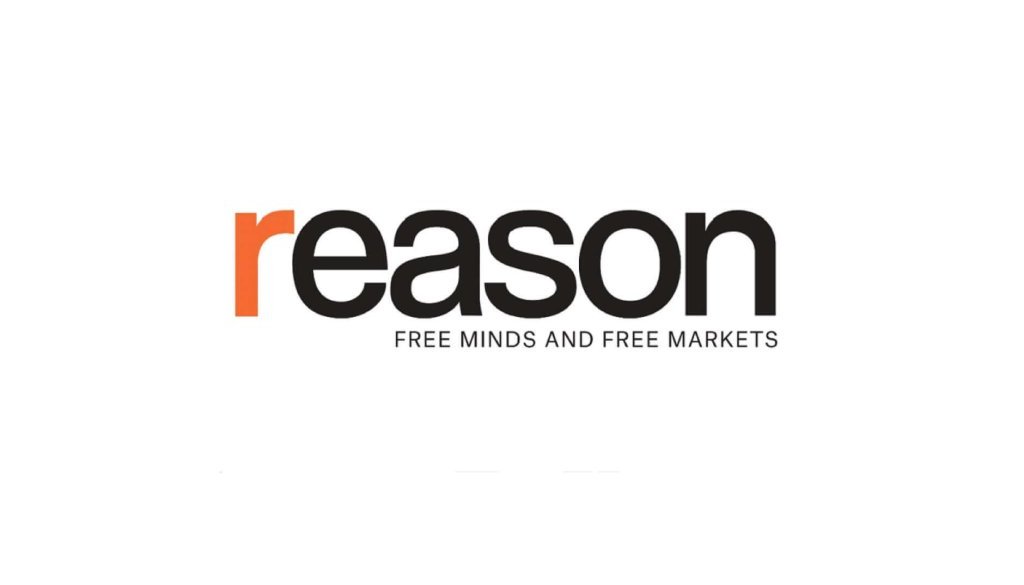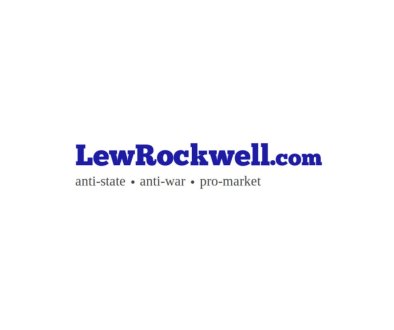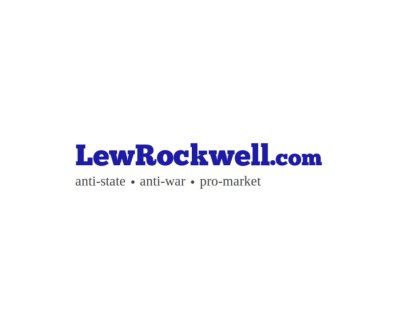10 of the Worst State Laws Going Into Effect in July
Even though most state legislatures are done for the year, Americans can expect the government to keep interfering with their lives. Starting July 1, many new state laws take effect. Here are 10 of the most ridiculous.
1. Florida Requires Schools To Call the Gulf of Mexico the ‘Gulf of America’
On Inauguration Day, President Donald Trump signed an executive order renaming the Gulf of Mexico the “Gulf of America.” In response, Florida passed House Bill 549, which, effective July 1, requires state agencies to update geographic materials to reflect the new federal designation. The law also requires “each district school board or charter school governing board” to adopt “instructional materials…and library media center collections that reflect” the new designation of the Gulf of Mexico as the Gulf of America.
H.B. 549 is not only intrusive to local school districts’ authority over what their students should learn but also costly to the taxpayers who are funding the purchase of all new materials.
2. Minimum Wage Hikes Across 3 States
Across the country, minimum wage increases will take effect on July 1. In Alaska, the minimum wage is increasing from $11.91 per hour to $13 per hour. In Oregon, the standard minimum wage will rise from $14.70 per hour to $15.05 per hour. And in Washington, D.C., the minimum wage will hike from $17.50 per hour to $17.95 per hour.
Proponents of raising the minimum wage argue that an increase is necessary to ensure everyone is given a “living wage.” But these actions can have unintended consequences, like causing overall employment to decrease, increasing prices for consumers, or causing businesses to close. In D.C., a minimum wage increase for tipped workers was paused until October due to many restaurants being unable to afford the increase from $10 per hour to $12 per hour for these employees.
3. Alabama Bans Smokable Hemp Products
Under a new Alabama law, H.B. 445, it will be illegal to sell or possess smokable hemp products. While consumable hemp products like gummies or drinks will be allowed, smokable products are specifically excluded and banned. “Possession or sale of those products on or after July 1, 2025 could subject an individual to prosecution for a Class C felony,” the attorney general’s office said. In Alabama, a Class C felony is punishable by one to 10 years of imprisonment.
The remainder of the legislation, which sets requirements for the sale of edible hemp products, dosage limitations, and enforcement by the Alabama Alcoholic Beverage Control Board, won’t take effect until 2026.
4. Vape Registration in Wisconsin
Starting July 1, vape product manufacturers must certify with the Wisconsin Department of Revenue that their products have been authorized by the Food and Drug Administration (FDA) or have submitted a premarket tobacco product application annually. The goal of the law is to deter tobacco shops from selling harmful products, but few vapor products have received FDA approval. Critics say the legislation will hurt small business owners and their employees. “Pretty much every vapor product across the board is effectively banned,” Amber Crawford, a Wisconsin vape shop owner, told WQOW, an ABC News affiliate. “It’s about 70% of my revenue,” Crawford said. “We’re going to lose dozens of jobs of people that care about it deeply. Chances are I will get laid off and the store will close.”
5. Cellphones Banned in Virginia Public Schools
Beginning Jul
Article from Reason.com

The Reason Magazine website is a go-to destination for libertarians seeking cogent analysis, investigative reporting, and thought-provoking commentary. Championing the principles of individual freedom, limited government, and free markets, the site offers a diverse range of articles, videos, and podcasts that challenge conventional wisdom and advocate for libertarian solutions. Whether you’re interested in politics, culture, or technology, Reason provides a unique lens that prioritizes liberty and rational discourse. It’s an essential resource for those who value critical thinking and nuanced debate in the pursuit of a freer society.




